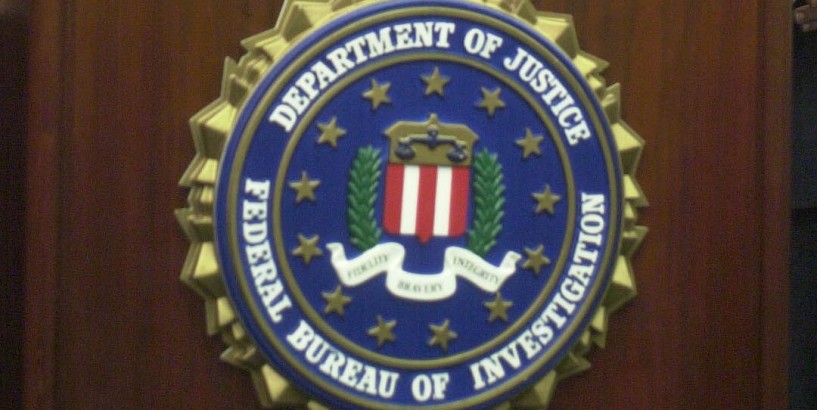Technology has advanced at lightning speed and the ability of law enforcement to use it to its advantage has migrated into spaces that have privacy advocates concerned.
They should be, and so should everyone else.
A recent story in The News detailed the time the FBI discovered a scammer targeting Wegmans a couple of years ago. It hacked into the suspect’s computer with the express purpose of learning his identity.
This hacking, as reported by The News’ Phil Fairbanks, was approved by a judge. It involved an email and attachment that, when opened, connected the suspect’s computer to an FBI server.
It is much more palatable when law enforcement goes to the trouble of seeking out a judge’s approval. But privacy advocates are correct in being concerned about appropriate controls. Where are the blurred lines? Once into someone’s smartphone or computer, what are the restrictions on the data that can be monitored? And how will the public know when they have been crossed?
The question is being raised in the form of a new lawsuit in Buffalo federal court. The suit claims that the Wegmans case is just one example of government overreach in the sense that agents are now using hacking in “ordinary, day-to-day investigations.” Under this scenario, the reason does not have to solely involve national security and foreign intelligence investigations.
The parties involved in the lawsuit consist of the usual defenders, plus one of this area’s premier state universities. They are the American Civil Liberties Union; Privacy International, a London-based organization; and a University at Buffalo law school clinic.
The “remarkable expansion of the government’s surveillance powers” the parties hope to uncover may not be too difficult to find. This is, after all, life in the 21st century where science fiction has merged with reality. Anyone who saw the movie “Minority Report” or the 2011-2016 TV series “Person of Interest” knows how quickly society is rushing into the future. The problem that we are doing it without adequate controls on the use of data. The problems at Facebook are a case in point.
Jonathan Manes, director of the UB Law School’s Civil Liberties and Transparency Clinic makes the point that the government can accumulate a vast amount of “important and sensitive personal information by accessing just one device.”
The court case originated with a freedom of information request to 11 federal agencies that went largely unanswered, according to the group. Its members want to know how often and under what circumstances hacking is used by the FBI and others. In addition, they want to know if agencies have internal rules on the use of hacking, along with knowing what consideration was given to its legality.
These issues are only going to expand as technology advances. Government must be able to leverage the latest tools in order to protect citizen and state. But there also need to be appropriate controls in the name of privacy.
It’s a fine line that needs to be protected.









